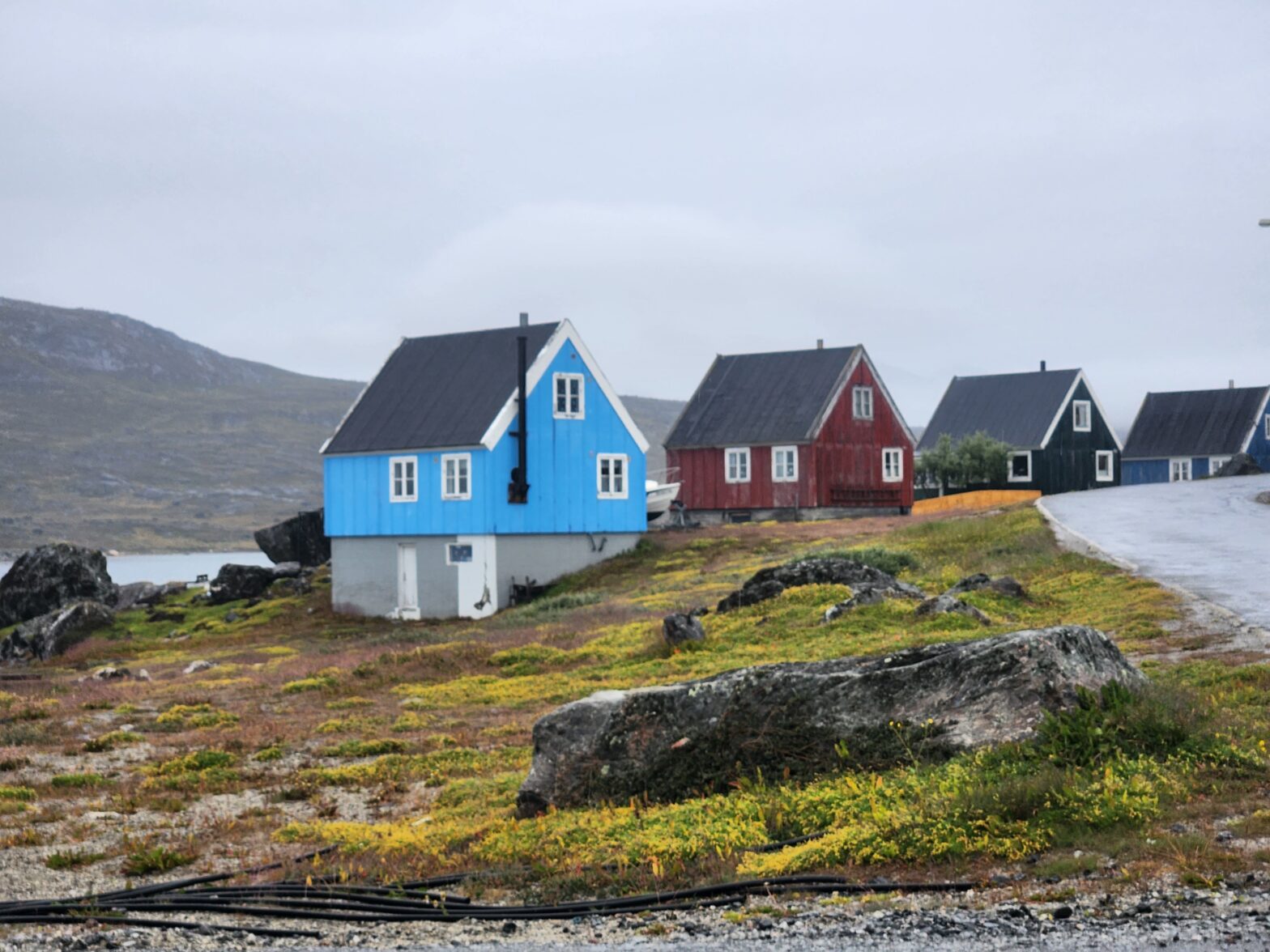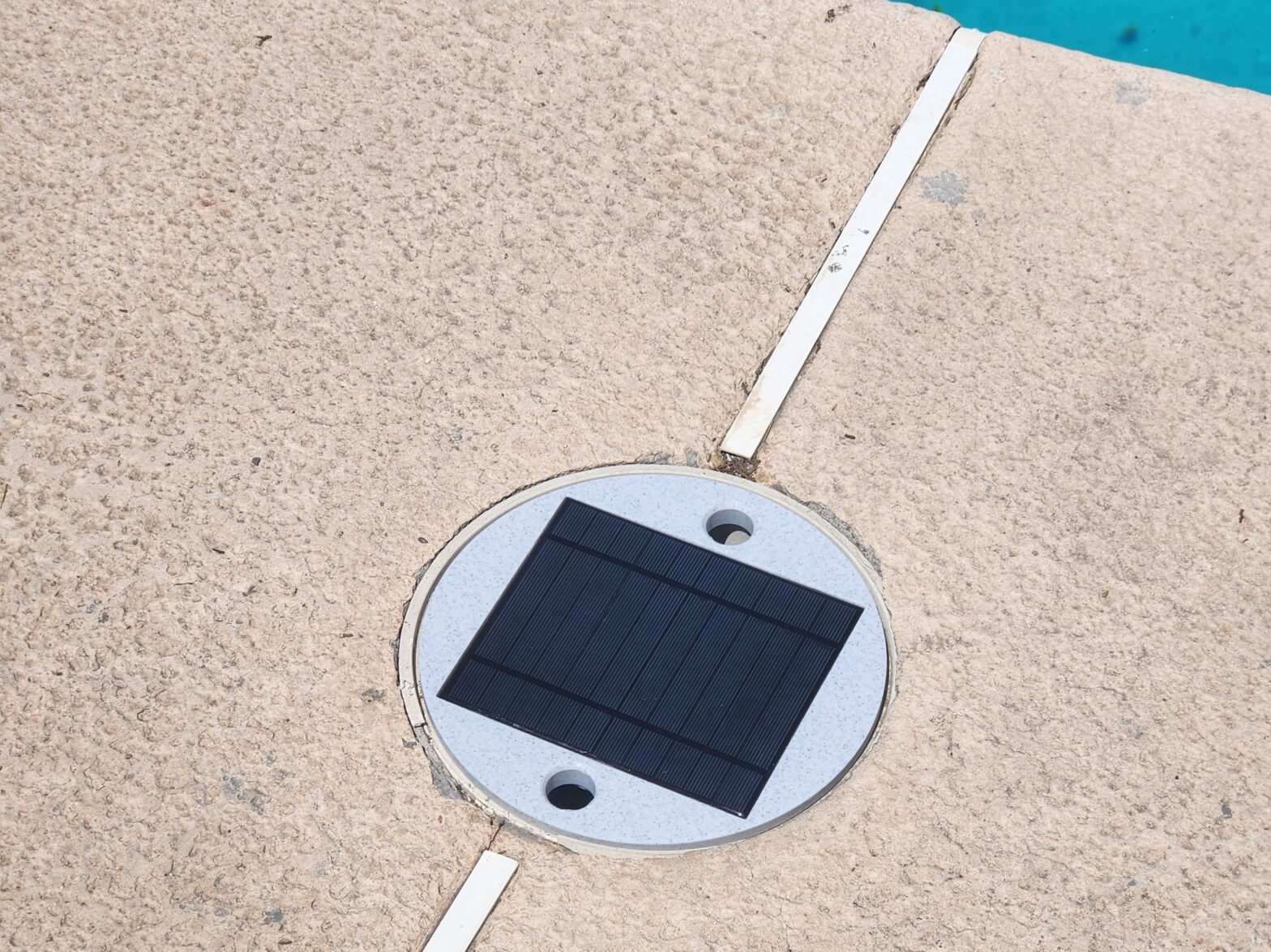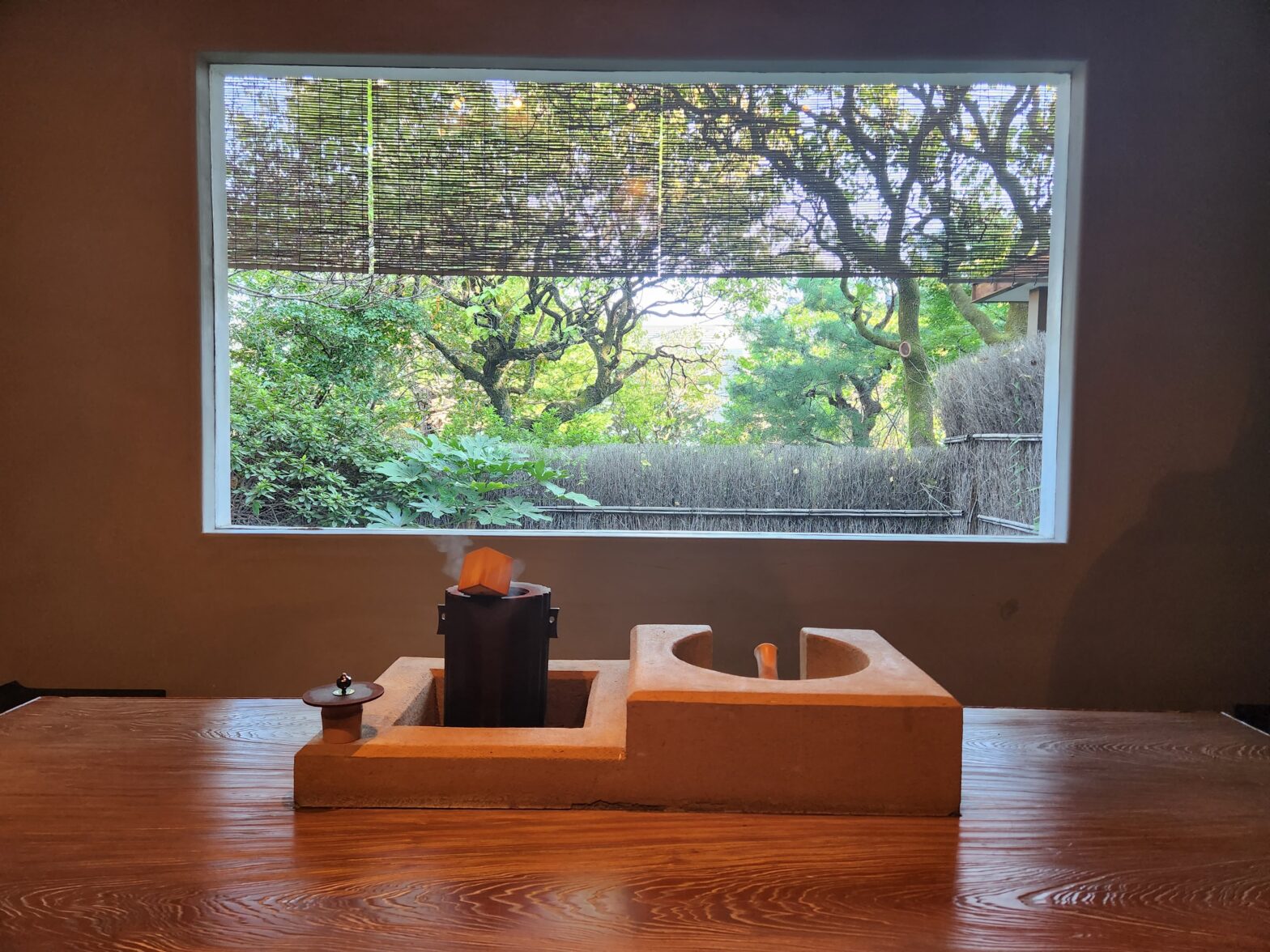-

How I Choose What to Work On
A reader, “Moo”, asked me to write about my process for entrepreneurship and how I choose what to write on. Despite being a lifelong entrepreneur and being relatively successful at it, I don’t write a lot about it because I routinely make decisions that trade money for other things (freedom, autonomy, quality of life, stubborn…
-

Getting into Pinball
Almost exactly a year ago, I began playing pinball at my friend Noah’s house. I didn’t understand how he could be so interested in Pinball that he bought two machines, but since I was staying there I figured I should play. Playing pinball in a private home is a very different experience than playing it…
-

Pool Fillers and Persistence
When I sit in my tea room, I have a decent view out the sliding glass doors to the backyard. I can see the pool, the patio, the cacti that my wife and I planted, and… a really ugly pool filler. Something I didn’t know before having a pool, but which would have been obvious…
-

Home Automation in 2023
I’ve written about home automation a few times in the past, but so much has changed since last time I wrote about it that I feel like I have much more practical advice to give than in times past. I’ve been automating my houses (and formerly rooms and apartments) for over 25 years now, and…
-

A Neighborhood With Friends
When I first moved to Vegas, it was mostly an accident. I bought a condo because I couldn’t pass up the deal, and during the process of renovating it I fell in love with the city and eventually came to the point where I couldn’t imagine living anywhere else. I shared my enthusiasm with friends…
-

The Three Best Tea Houses in the World
As any regular reader knows, I love tea. I drink it almost every single day, and when I’m with my friends it is the activity I look forward to the most. In some ways that sounds dumb, but to me tea isn’t just about some hot leaf water, but it’s about creating the space and…
-

Choosing the Rewards You Respond To
Someone in the cruise business told me recently that I should start charging cancellation fees. I have to pay the cruise lines a small amount every time someone cancels a cruise. He is far more experienced in the business than I am, and he is right. I should charge cancellation fees. They cost me hundreds…
-

Gear Post 2023
It’s that time of the year again! I think a lot more changed this year versus the previous year, probably because I went fairly travel-crazy this year. As always I think “There’s barely any point in doing a gear post since nothing has changed…” and then I realize that actually a lot has changed. Interestingly,…
-

Sayonara 2022
I can’t believe 2022 is over already. Like 2021 I didn’t feel as though as much changed in my life as has changed in many prior years, but this year I feel much less directionless than last year. CruiseSheet Prior to the pandemic my main productive outlet was CruiseSheet. No cruises sailed during covid, so…

